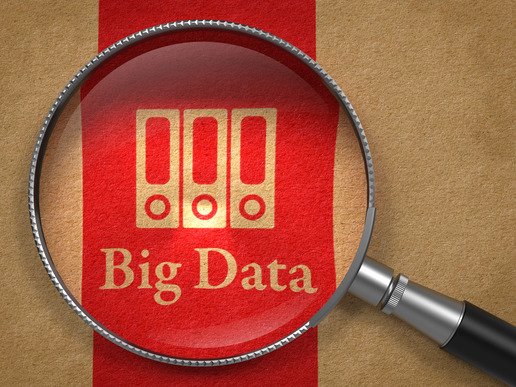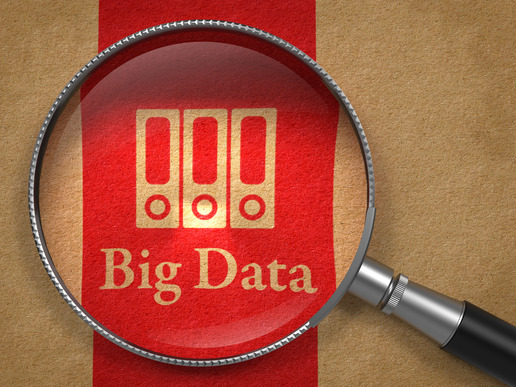This is a sponsored post written by Laurence Debruyne, International Director of Marketing, Lanyon.
More information about Event Manager Blog’s sponsored posts.
Big Data is the new hot topic, everyone seems to be talking about it and its importance, but when it comes down to explaining what it is and how it can help companies and event organisers, conversations seem to come to a halt. What is Big Data, and does it have any bearing whatsoever on the meetings and events industry?

The BIG DATA whitepaper aims to answer exactly that! Big Data can be utilised in many ways to make your events smarter, providing you with business intelligence so that you can save on costs, improve operational efficiency, and enhance the attendee experience.
So What Is It?
“Big Data” is really a marketing term used to describe all the unstructured information or data that various companies or individuals can collect from numerous platforms in real-time.
A decade ago, event data would have consisted of basic attendee information collected from registration forms, such as name, age, address or data collected from surveys. As technology has advanced, so has the complexity of the data – Say hello to the age of BIG DATA.
Data Collection
For event organisers, data can be collected from several sources such as online registration platforms, RFID chips, email marketing, social channels, mobile apps etc. All this data is great, but what can it be used for?
The information amassed can help event and conference organisers discover new industry insights to enhance their events and operate with greater efficiency, boosting their event ROI, in addition to improving the attendee experience and journey. If you are a planning a conference or corporate event and have a strategic meetings management programme in place, then you’re already benefiting from the power of Big Data analysis without the Big Data label.
With Big Data, Comes Bigger Analysis
Yes, we can access data, but we need to measure and analyse it effectively according to our own business model. What information you select and analyse is of great importance. Many companies and event organisers tend to fall into “data collection overdrive mode” and amass too much information that simply can’t be processed (due to lack of resources), or may not even be required.
In Conclusion
Big Data for event organisers – we know what it is; we just don’t use the “Big” label! Read the BIG DATA whitepaper for event organisers and turn your data into actionable strategies that can create operational efficiencies, cost saving, and risk reduction for your organisation.
The whitepaper includes sections on making your events smarter with Big Data, consolidation and business analysis of event data, and more importantly what data you should be collecting and where to access it in order to improve your meetings and event management.





